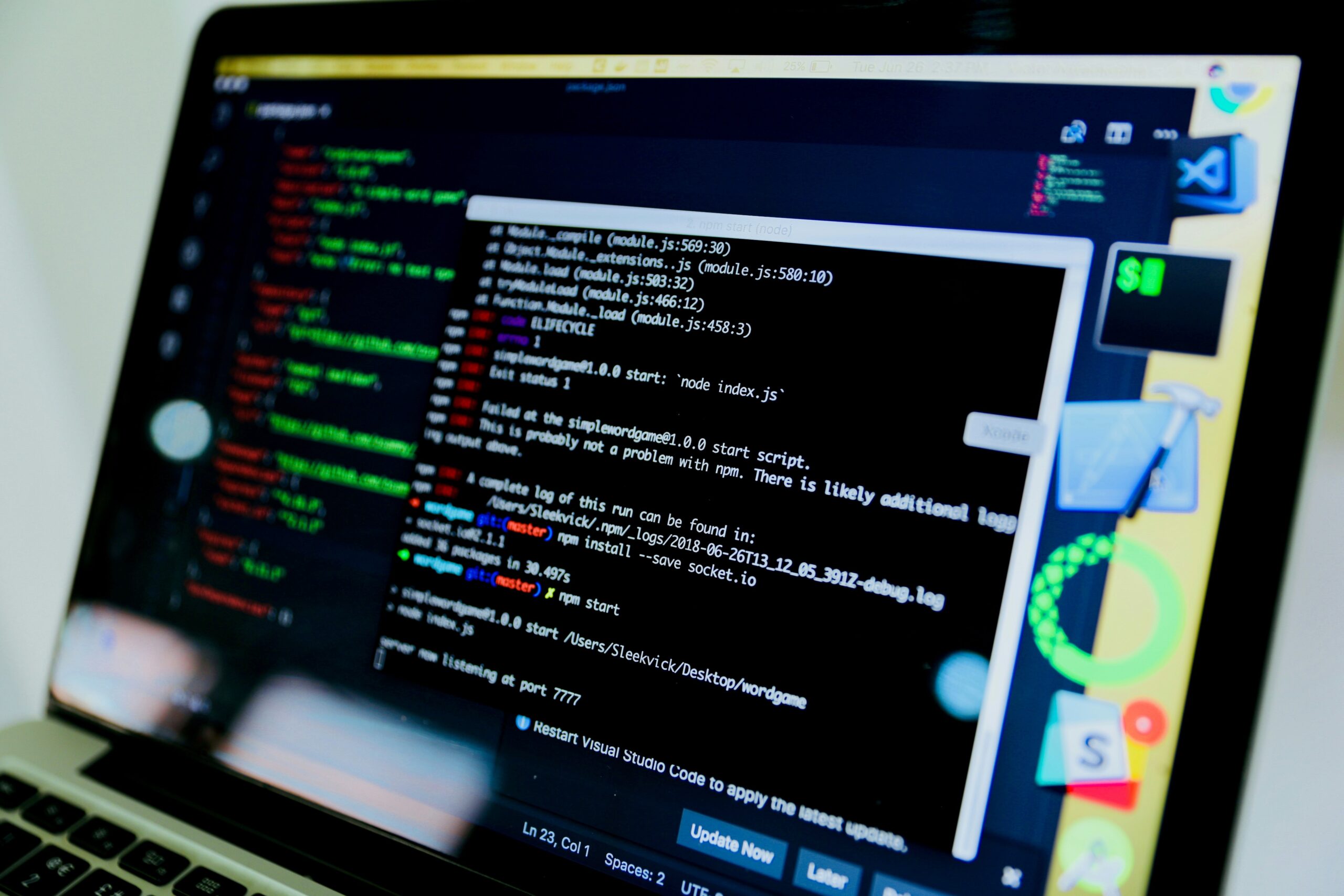Ever stared at your streaming dashboard, wondering why “live” feels more like… delayed? Yeah, us too. Latency is the ghost in your machine—silent but deadly for user experience.
In this post, we’ll dive into how Latency Monitoring Software can transform your streaming protocols from sluggish to slick. Let’s exorcise those latency demons together.
- Key Takeaways
- The Problem with Latency
- How to Choose the Right Monitoring Software
- Best Practices for Using Latency Monitoring Tools
- Real-World Success Stories
- FAQs
What You’ll Learn Today
- Why low latency matters in streaming protocols.
- The features that make great Latency Monitoring Software.
- Actionable steps to implement and optimize monitoring.
- Tips to avoid common pitfalls when managing latency.
- Case studies showing real-life transformations.
What’s So Scary About Latency Anyway?
“Optimist You: ‘Live streams are instant, right?!’ Grumpy You: ‘LOL, nope.'” If you’ve ever been mid-sentence on a live stream only to have viewers ask “what happened?” five seconds later, you know what I mean.
“I once pushed out a live event where viewers started complaining of lag before the opening credits even finished. My reputation tanked faster than my CPU temps.” – A Confessional Fail
Here’s the deal: High latency kills engagement. Whether it’s buffering during an eSports tournament or delays during online classes, slow data delivery makes people click away faster than you can say “buffering.”

Breaking Down the Culprits:
- Poor network conditions
- Inefficient codecs
- Misconfigured servers
To fix these issues, you’ll need to monitor them closely—a task tailor-made for… drumroll, please… Latency Monitoring Software.
How to Pick Your Perfect Latency Monitoring Sidekick
This part sounds straightforward until you’re staring at endless vendor comparisons. Don’t worry; here’s how to cut through the noise:
Step 1: Define Your Needs
Are you handling gaming streams? Corporate webinars? Hybrid events? Different industries require tailored tools. For example:
- Gaming: Prioritize millisecond accuracy.
- Education: Focus on stability over perfection.
Step 2: Evaluate Features
Not all monitoring software is created equal. Look for:
- Real-time analytics
- Customizable alerts
- Integration with existing systems

Step 3: Test Before Committing
Terrible Tip Alert: Assume any tool will work without testing. (Spoiler: They won’t.)
Run pilot tests under realistic conditions to see how each option performs. This step ensures you don’t waste resources on duds.
The Rant Zone: Why Poor Documentation Is Criminal
“It’s 2024. We deserve guides that don’t read like ancient scrolls written by cryptographers!” Many tools boast advanced features but lack clear instructions. Life hack: Avoid them unless deciphering gibberish floats your boat.
Chef’s Kiss Tips for Maximizing Your Latency Monitoring Game
Got your shiny new tool? Awesome. Now let’s use it properly:
- Set Up Alerts Thoughtfully: Too many notifications = ignored notifications.
- Analyze Trends Weekly: Spot patterns, not just one-off spikes.
- Collaborate Across Teams: Share insights with devs and content creators.

Bonus Tip: Combine monitoring with proactive fixes like server optimization or switching protocols (e.g., moving from RTMP to WebRTC).
Success Stories That Prove It Works
Case Study 1: A Gaming Company’s Comeback Story
A major eSports platform slashed their average latency by 60% after integrating Latency Monitoring Software. Their secret sauce? Real-time alerts + automated failover mechanisms.
Case Study 2: Educational Institutions Go Live Successfully
An online university reduced complaints about frozen lectures by implementing predictive monitoring algorithms.
Your Burning Questions Answered
Q: Can’t I Just Use Free Tools?
A: Sure, if mediocrity excites you. While free options exist, they rarely provide depth or reliability needed for large-scale operations.
Q: Will These Tools Work for Small Businesses?
A: Absolutely. Scalability is key—you pay only for what you need.
Q: Is There Such Thing as Zero Latency?
A: Technically, no. Physics hates us all. But modern tools get you darn close!
Let’s Wrap It Up, Shall We?
Latency might be invisible, but its impact isn’t. By leveraging Latency Monitoring Software, you gain control over performance bottlenecks and keep audiences engaged.
So go ahead, pick your tool wisely, follow our best practices, and watch those viewer retention rates soar.
And remember…
Just like Pac-Man chasing pellets, good tech always finds its way.


